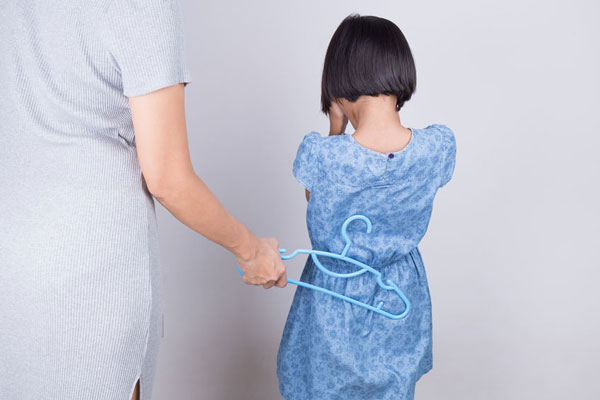Is It OK To Rotan The Kids?
by on 02/08/2025 ...

The Never-Ending Debate
Caning—can or cannot?(No pun intended there.)
Is caning (rotan) acceptable? Or necessary, even? For the Millennials, your knee-jerk answer to that question is probably an indignant, “No.” Believe it or not, the implementation of physical coercion by parents on their children was commonplace in our society back then. The crux of the matter is that, “Is it OK to rotan the kids?” This article reveals if caning still has a place in modern-day parenting.
The Case for Rotan
We live in a time where coercive methods of discipline, such as caning, are being questioned and the scales have tipped towards “softer” parenting approaches. Back in the day, the adoption of these types of disciplinary tactics had raised nary an eyebrow. The Baby Boomers (born 1946–1964) and Gen X (born 1965–1980) used to discipline their kids by repeated caning on the legs or locking the child up in a room. Such tactics are frowned upon in today’s world—especially by the Millennials.
Effects of Caning
According to Dr. Jennifer Kiing, a senior consultant in the child development unit of the National University Hospital (NUH):
Caning is used to instil fear in a child, thereby prompting obedience. However, constant fear of the cane can tip a child into anxiety and depression.
When a child is caned, his stress level elevates. Prolonged stress—especially through frequent caning or other physical punishment—can have lasting psychological effects on the child. To a certain extent, physical punishment in childhood can also be linked to depression in adulthood. Chronic stress is known to exacerbate numerous health problems, especially towards mental illness, such as anxiety and depression. Apart from that, educating your children through physical punishment for infraction will lead the children into thinking that physical aggression is condoned. What’s shocking is that most parents are unaware of these adverse long-term effects on their children.
Disciplining or An Outright Abuse?

(Image: 123RF)
Now, is it really OK to cane a child in the name of discipline? Whatever your answer may be, be sure that if caning is to be involved, it would be carried out while you are calm and composed, so it wouldn’t cross the territory of abuse. That being said, the methods of disciplining the kids vary between family to family. I’ve come to learn that some Millennials are, in fact, very much OK with caning their children so long as it is done softly and with the intention of educating them. Be careful not to do it on impulse, for that would easily go down the slippery slope of abuse!
Non-Violent Discipline for the Kids
That being said, this article may contain biased opinions. Different strokes for different folks, they say. While most of the older generations and some Millennials condone the act of caning their kids, I believe that we should always try to opt for non-violent discipline approaches whenever possible. As violence begets violence, non-punitive discipline should be heavily considered to replace coercive measures, such as caning and flogging. Non-punitive discipline—otherwise known as empathic or positive discipline—is all about providing loving, gentle guidance in child-rearing. Disciplining your child can be an emotional process and it can be very difficult to not “overdiscipline” him. Majority of the child abuse cases have been correlated to child discipline issue. As Dr. Kiing had said it, though all parents only want the best for their children, sometimes, our emotions do get the better of us.































